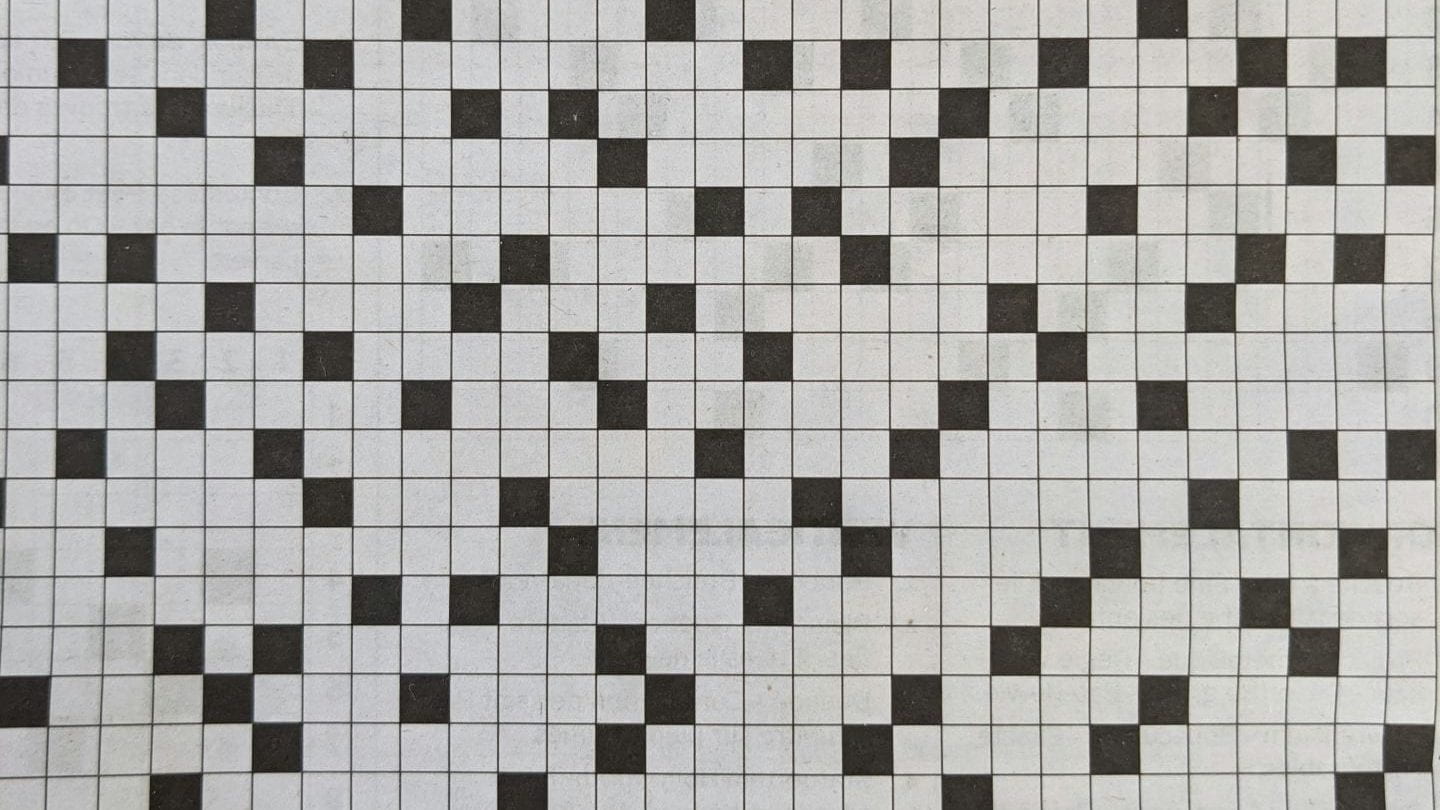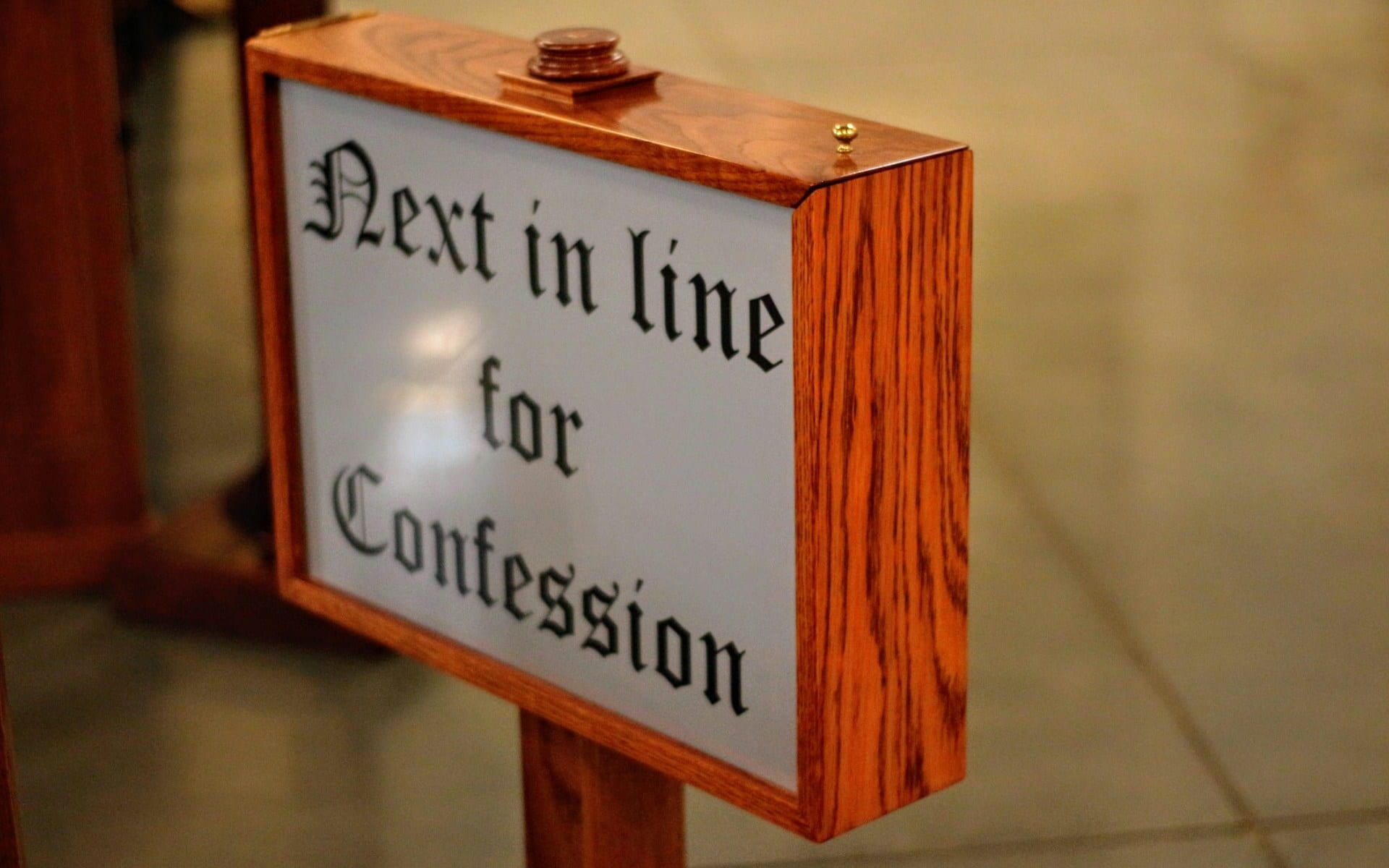Guest post by Zishan Khawaja

According to Buddhist tradition, a certain disciple was troubled and distracted from his meditations by a series of questions. Is the world eternal or not? Is it spatially infinite? What about the self? Is it eternal? Is it identical to the material body or not? The disciple felt that the Buddha, being a renowned teacher, would have no problem answering these profound questions. But upon asking, what he received from the Buddha was silence. Buddhists consider this act so significant that it is referred to as a “Noble Silence”. Why this is so becomes clear when considering the goal of the Buddhist path – the end of existential suffering.
The Buddha believed that our experience in the world is characterised by what in Sanskrit is called “duḥkha”. This is often translated as “suffering,” but the term additionally conveys the idea of a pain more subtle than the physical, including senses of “dissatisfaction” and “uneasiness.” It captures the constant anxiety that is felt in a world in which all is impermanent, from our physical bodies and accumulated possessions to our dreams, goals, and relationships with others. The fact that all is impermanent produces an emotional restlessness that defines our existential experience. The Buddha’s great work was the discovery of the cause and cure for this condition.
At the root of suffering, according to the Buddha, is a craving that is driven by three poisons: desire, hatred, and delusion. That we desire to possess what is impermanent and hate losing what we currently possess leads to the constant experience of dissatisfaction. One desires beauty, wealth, or status, but these simply produce further desires to retain what one possesses or to continue accumulating possessions as a potential replacement for any others that may be lost in the future. We begin to hate the impermanence that cannot be avoided. The mind is never at ease, constantly seeking, scheming, and suffering. The earliest Buddhists believed the key delusion producing this craving was the belief in a permanent and enduring self – the “I” or ego. The Buddha claimed that the illusion of this self led one to believe there was something (the “I”) that could possess what was impermanent, and caused one to feel distress at its inevitable demise. If this presupposition was removed, through the sustained practices of discipline and meditation required by the Buddhist path, then the source of suffering could be removed. The mind would be at ease, existence would no longer be characterised by suffering – Nirvana would be attained. But what the earliest Buddhists had only begun to explore was the role of language and speech in this process.
Later Indian Buddhist thinkers and philosophical schools (such as Nāgārjuna and Dignāga, and the Yogācāra and Madhayamaka schools) continued to explore the roots of suffering and the conditions that produced the delusions in which it thrived. Why did the belief in a self emerge? Some of these philosophers realised that our linguistic practices and language played a critical role – that the very terms “I” and “mine” that generated the delusion. But they pushed even further. It was no longer simply the self that was a delusion, but the view that our language accurately reflected the world. Nāgārjuna (according to his commentator Candrakīrti) claimed that language will always distort reality, and offered a series of reductio ad absurdum arguments and paradoxes that result when one believes otherwise. This is done to show that the pursuit of a metaphysical truth, for a correct and complete description of the mind-independent world and the entities it contains, is the most dangerous of objects to desire. It is a source of yearning and distress, a doomed search within what Indian Buddhists called the “imagined net of conceptual proliferation” (kalpanā-jāla-prapañca), the phenomenal experience of a world of numerous impermanent entities produced by language. Nirvana, a state in which existential suffering ceases, is free of this net, and is described by Candrakīrti as a “silence of words” (vāgbhiravyāhṛtam).
Returning to the story of the disciple and his questions, it is now clear why the Buddha responded with silence. Any attempt to answer the questions would have led to further questions, further searching, and a continued restless pursuit for answers. It was only silence that counted as a refusal to fuel the process of conceptual proliferation and its associated existential suffering. Language is a wonderful thing, even if imperfect, and the great volume of scripture in the Buddhist tradition shows that they were not ignorant to this fact. But the Buddhists highlight that, where language fails, the silence that follows may be as profound as a thousand of the best chosen words.
Author bio
Zishan Khawaja is a Teaching Fellow at the philosophy department of Durham University, with research interests in classical Indian philosophy. His PhD thesis focused on the metaphysical, epistemological, and ethical aspects of Madhyamaka Buddhist philosophy.










